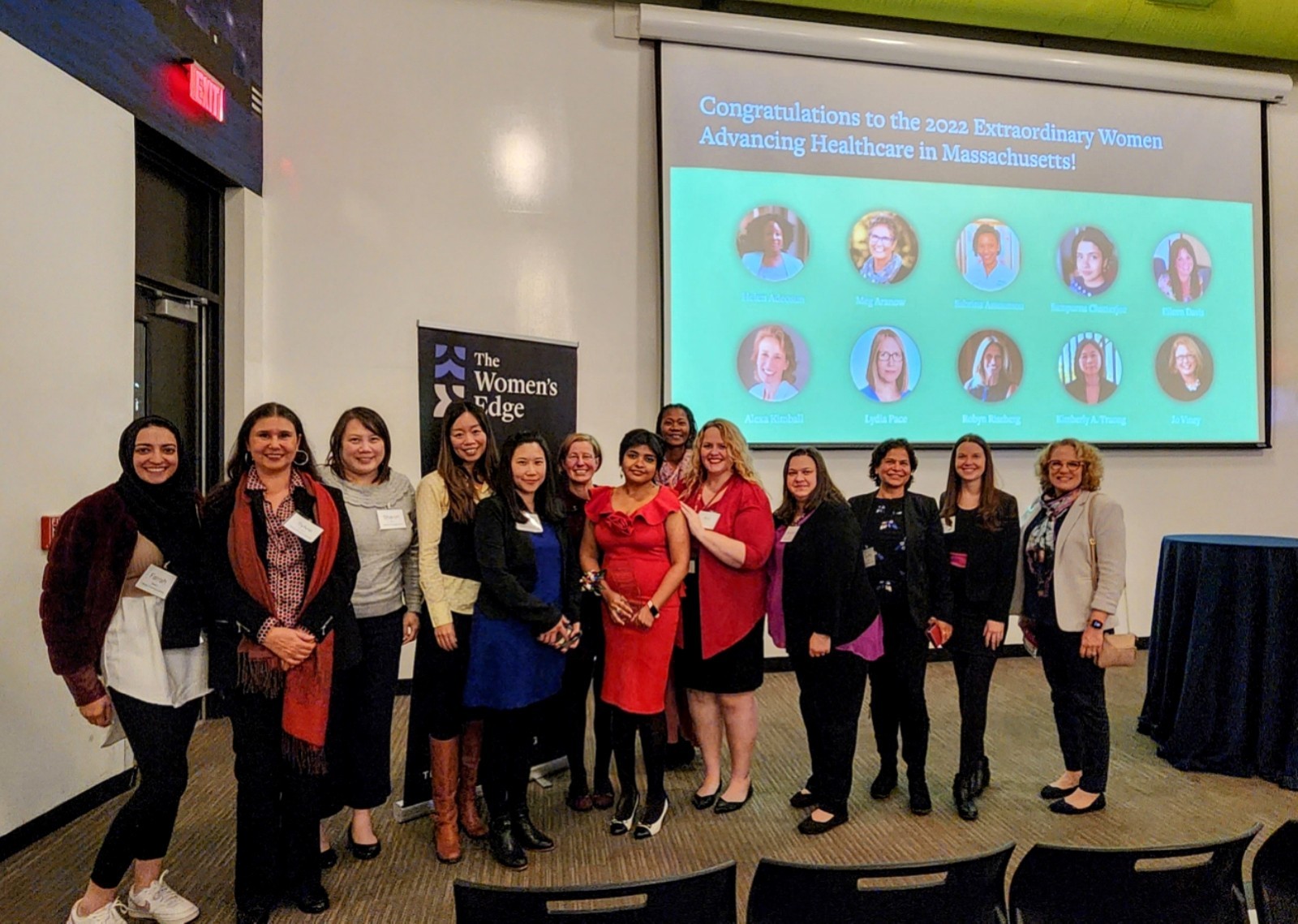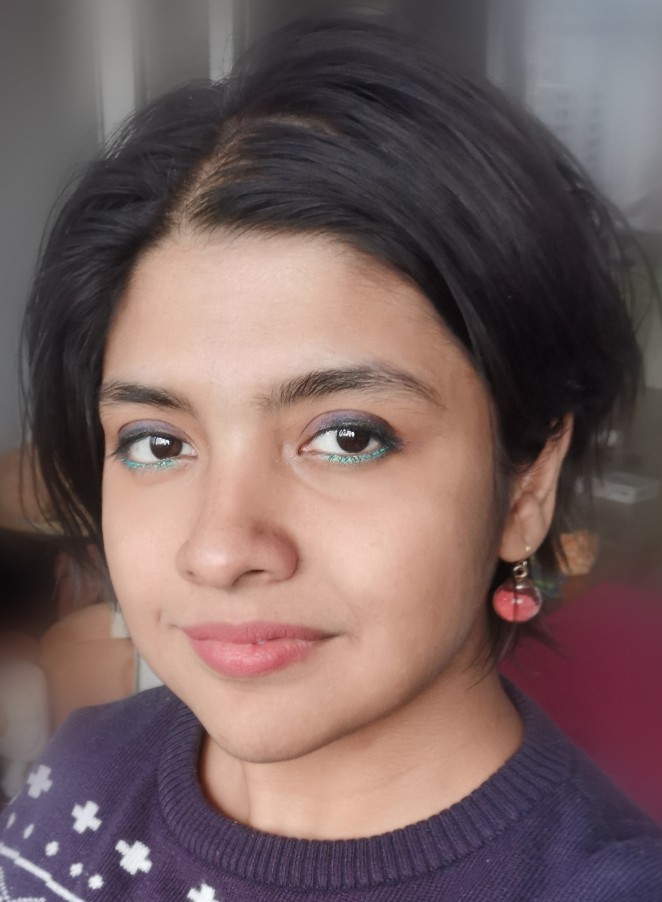
Today we’d like to introduce you to Dr. Sampurna Chatterjee.
Hi Dr. Chatterjee, it’s an honor to have you on the platform. Thanks for taking the time to share your story with us – to start maybe you can share some of your backstory with our readers?
I guess it all started when my grandmother was diagnosed with lung cancer. I was a young kid at that time. What made a profound impact on me was watching her suffer from both from the disease as well the harsh chemotherapeutic regimen she was on. I did not know or understand much at that time, but I knew I had to do something to reduce the suffering of patients out there. Then I embarked on a crazy ride in different countries exploring research opportunities, understanding the complexities of various kinds of cancer, and how despite having malignant cells as the commonality, the cancers behave so differently based on the organ they originated from and hence there is an unmet need for personalized medicine.
We all face challenges, but looking back would you describe it as a relatively smooth road?
Far off from smooth; but that is what made my journey quite exciting and a story worth telling. One of the major struggles was uncertainty and the various barriers one faces when you move from one country to another rather frequently. Most of the time, I did not know where I was headed next. The world was my oyster, and I had the opportunity to go anywhere and study/ work since research is one of the few fields that allows you to do that. However, that meant facing multiple barriers- bureaucratic, lingual, cultural, and financial to name a few. Some days, I did not have money to buy dinner and other days I would miss my train to Vienna for an interview because I could not follow the language. The struggles often put me in tough situations; some I overcame and some I did not. On the brighter side of things, I earned degrees from four countries, diversified my network, met incredibly kind people and mentors, created lifelong friendships, got inspired, traveled extensively, and learnt a new language! I took a chance on myself, and it paid off well; high-risk high-reward one can say. I arrived as an amateur in every country and started from scratch; all these places I have lived in shaped my mind, influenced my outlook towards life, and anchored my identity. One thing for sure, every country I lived in, every risk I took, and every adventure I embarked on has broadened my horizon and allowed me to fathom the grand design of this universe to a certain extent. It has been a real privilege to take the path less traversed and I do not intend to slow down any time soon.
Alright, so let’s switch gears a bit and talk business. What should we know about your work?
I am a cancer scientist. As a clinical translational scientist, I am dedicated to rapidly bringing novel cures for hard-to-treat cancers to the clinic for the patients. This means, I do not work in a lab and rather with patients in clinical trials directly. I specialize in clinical biomarker research.
Biomarkers are useful for many purposes, including selecting patients for clinical trials, monitoring therapy reactions, forecasting therapeutic outcomes, determining patient risk for diseases, and determining the safety of various therapies for each patient.
Why are biomarkers crucial?
As patients eagerly wait for effective novel therapy options, only five out of every 5,000 medicines that reach preclinical testing eventually move on to clinical trials, according to Dr. Chatterjee.
It can take between 10 and 15 years and cost between $1 and $2 billion to get a new drug approved. There is also a high probability that the drug will not be approved in the end due to safety issues or other risks.
Biomarkers offer a tremendous clinical utility by preselecting patients who have a good chance to respond to a specific therapy that can save lives and lower the skyrocketing costs of cancer treatment, drug discovery, and clinical trials around the world. This does not mean that the patients who do not qualify are left behind. It implies that these patients will benefit from other options and help us choose the correct therapeutic regimen.
Is there a quality that you most attribute to your success?
Resilience and passion- these attributes almost serve as a feed-forward loop. I am driven by my passion to find cures for cancer, which fuels my resilience. In my field, where setbacks and failures are inevitable, resilience is key. My mission keeps me motivated to strive for that passion which is to help patients.
Contact Info:
- Website: https://www.oncospulse.com/
- Linkedin: https://www.linkedin.com/in/sampurna-chatterjee/
- Other: https://guardian.ng/features/dr-sampurna-chatterjee-the-woman-behind-revolutionary-biomarker-research-that-enables-deep-study-on-cancer-patients/















